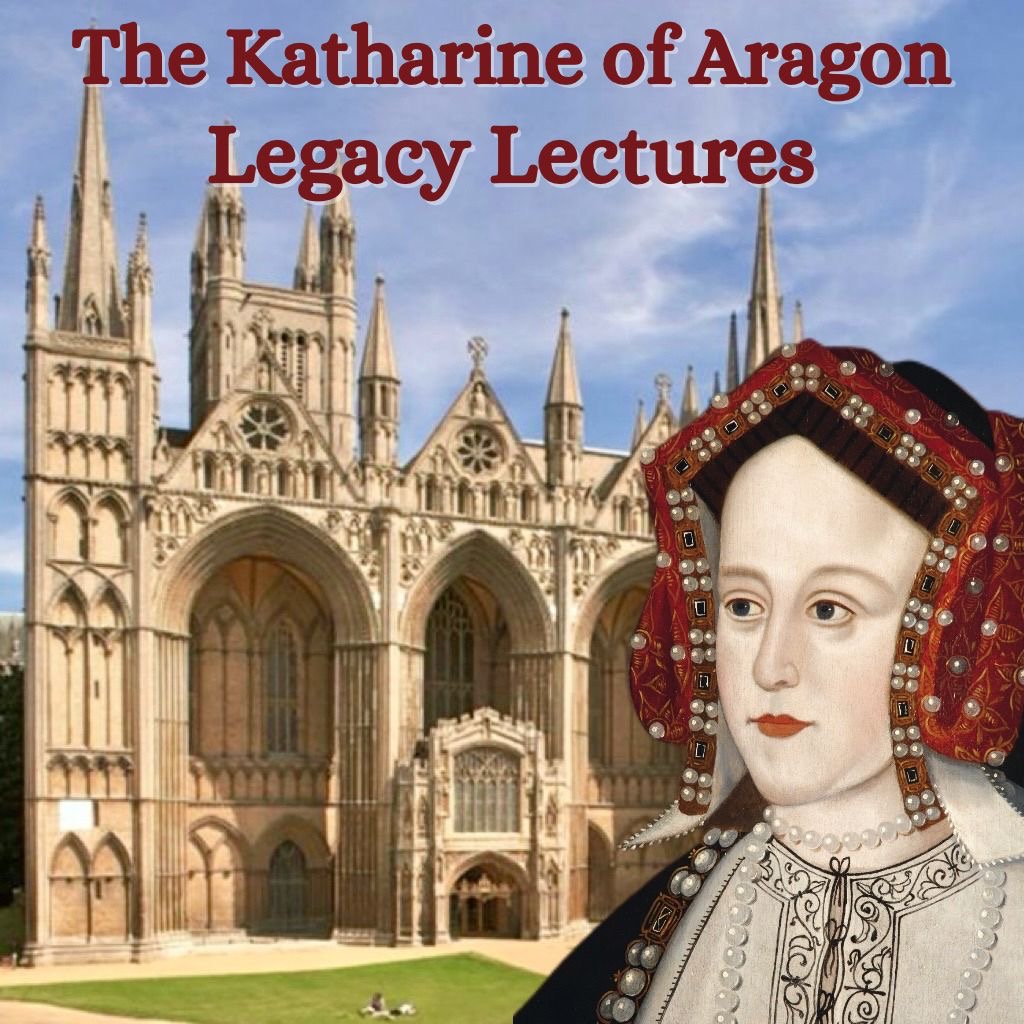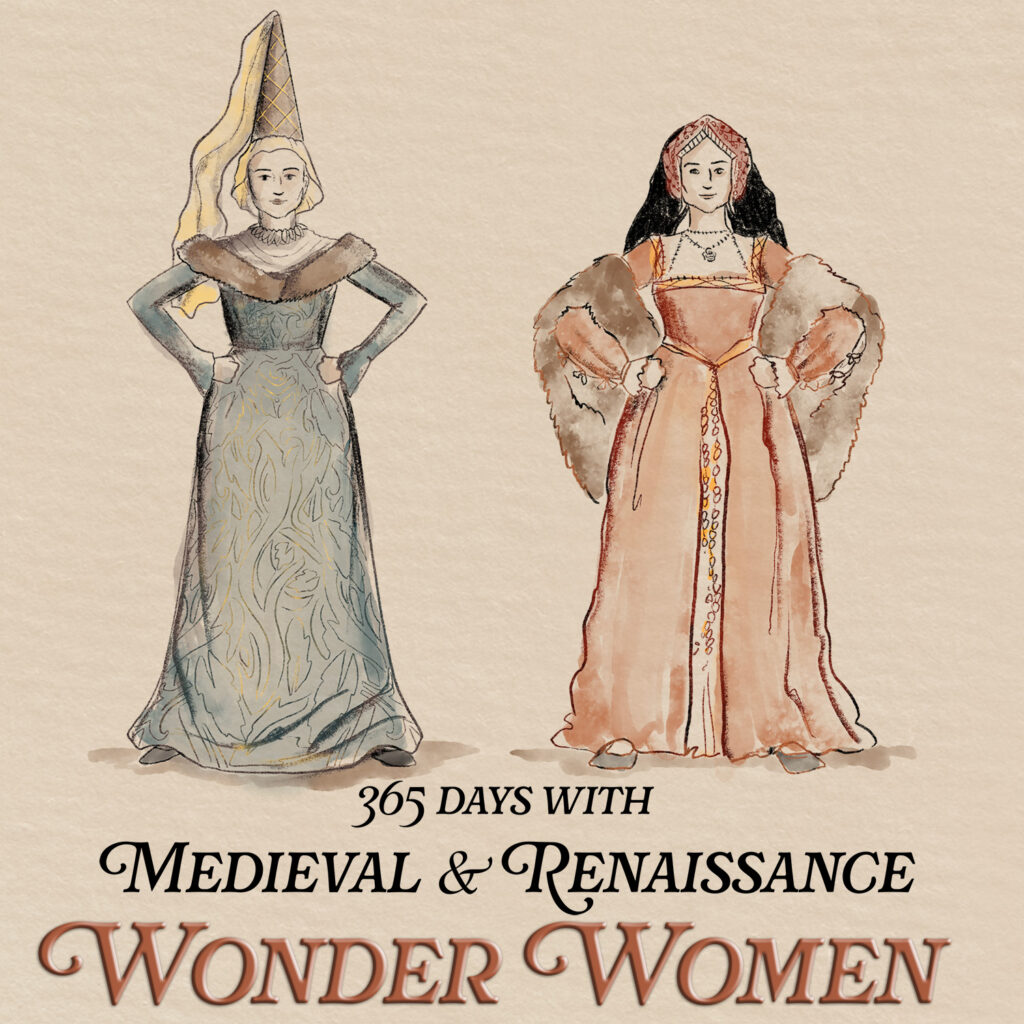Welcome to On the Tudor Trail Barbara! Could you tell us about yourself and your background?
Thanks so much for inviting me. I’m delighted to be here. I feel very at home amongst this period of history.
I was born in England and I grew up amongst artists and authors, so I started writing at a young age. I published numerous short stories and articles, and worked as an editor, book critic and reader for publishers and television companies. But I never attempted a full length book at that time and I soon broke off my literary career to spend many hot, romantic and colourful years sailing the Mediterranean and living in various different countries throughout the region.
When my partner died I needed a place of solace and so came to live in rural Australia. Soon afterwards my daughters and their families soon came to join me and make their own lives nearby. Now, as well as my growing family, my passion is my writing, the beauties of the countryside, and foreign travel whenever possible.
Your latest novel, ‘Sumerford’s Autumn’ is set in early Tudor England. What is the lure of this period?
 Although life may not have altered immediately nor all that much for the ordinary man, this was a period of massive change for the nobility. The Tudor dynasty came into being against all the odds – it was completely unexpected – even, I think, by Henry Tudor himself. And then of course, as it developed, it became so colourful and increasingly notorious. Yet the first Tudor king Henry VII is not much understood and many Tudor fans have never even really heard of him or his entirely unforeseen arrival on the throne. So to me this is a time of considerable interest.
Although life may not have altered immediately nor all that much for the ordinary man, this was a period of massive change for the nobility. The Tudor dynasty came into being against all the odds – it was completely unexpected – even, I think, by Henry Tudor himself. And then of course, as it developed, it became so colourful and increasingly notorious. Yet the first Tudor king Henry VII is not much understood and many Tudor fans have never even really heard of him or his entirely unforeseen arrival on the throne. So to me this is a time of considerable interest.
Do you believe that both of Edward IV’s sons perished in the Tower of London or is it possible that Richard, Duke of York, survived?
Although of course there is no proof of anything, I have researched these facts as far as is possible, and I’ve come to the conclusion that the boys very probably survived and did not perish in the Tower. Exactly what happened, naturally I do not know – but I now believe that the so-called Perkin Warbeck was indeed the younger, Richard, Duke of York. At the very least I certainly think more interest should be taken in that period of history, and that Warbeck should not be so instantly dismissed as a pretender without even the slightest investigation whatsoever, which is what most historians do at present.
Have you visited places associated with the characters in your books? If so, do you have a favourite location?
Oh, indeed I have. There is so much to see and explore. My favourite was once Warwick Castle, but for my taste it has lately been spoiled by gimmicks and tourist paraphernalia. Of course the building itself is still stunning. There are many, many more and luckily even small private homes still stand in some areas.
A phantasm appears to one of your characters, do you believe in ghosts and have you ever had any experiences with the paranormal?
Yes, I do believe in ghosts although not quite in the straightforward manner of my book. I’ve had quite a number of paranormal experiences too but they are very varied and not all easily explained. The paranormal certainly doesn’t frighten me, and I have a very vivid dream life.
Tell us a little about the process you follow when researching your novels.
I’ve been researching the late 15th century for many, many years. It is a great passion of mine, but I admit it was easier when I lived in England because of the access to the places themselves, and also the specialist libraries, galleries and museums. However, now that so much is available online, I am able to explore in a different way. Sometimes you have to be careful what you believe online, but there is a wealth of documentation and literature which is available for free download, and that’s a real blessing. I used to spend more time researching than writing – but now I have a wonderful collection of my own well filled notebooks which I can use at will. I have a large desk absolutely littered with notebooks, papers, pens and other bits and pieces – really untidy I’m afraid.
Whilst researching the early Tudor court, did you come across any customs, rituals or traditions that you found particularly interesting or peculiar?
Although the Tudor court was certainly interesting, I am particularly fascinated by the lives of the ordinary people and their problems. For instance the Thames was the busiest road in London, and as it is a tidal river, there were great floods, frequent boating accidents and swells beneath the bridge which must have been shockingly dangerous. And yet people took all this for granted. The one and only bridge in London across the Thames was an amazingly crowded thoroughfare with rows of shops, houses and even a huge chapel. Everything was cramped and in those days people lived virtually in each other’s pockets (except they had no pockets!!). It was such a different and risky life, but I love to read about it. Everything is so vivid to me, and I adore describing the detail – food, drink, clothes and way of life – it was all so entirely different to the hygienic and spotlessly spacious lives most of us live today.
Do you have any rituals that you follow when writing?
Sometimes I like to play classical music very loud – as that helps to block out the rest of the world and isolates my mind within my own imagination. But I am not really a person of routines and habits. Certainly I do like to write most days and I try to keep normal working hours.
Share with us one of your favourite Tudor moments or quotes.
Oh dear – I have no favourite quotes, but probably my favourite character of this era is Walsingham, Queen Elizabeth’s so-called spy-master. But that is a lot later than the period in which Sumerford’s Autumn is set. One of my favourite stories is of the night before the Battle of Bosworth, when Henry Tudor lost heart, believing that he had no chance of victory, and he slipped away. His Uncle Jasper and others talked him into returning as he could not abandon his entire army – but I sympathise. He was no warrior and had never fought before. I think it shows some of the man’s inner character, even though he was later known as calculated and cold hearted. I imagine he hid his doubts and fears and learned to face his challenges as he matured.
What do you love about living in Australia?
Oh many, many things – but perhaps the two things I love most are the climate and the wildlife. I live in a semi-rural area with great swelling green hills and eucalypt forests on my horizon. I have a large garden with masses of birds – parrots, cockatoos and kookaburras – and wallabies, echidnas and wombats often wander through. Snakes too! There is a large window over my computer and I can sit and daydream, gazing out at the greenery and sunshine, just as I am now.
Thank you Barbara!
Thank you so much. It’s been really interesting and a great pleasure.
(Click here to read a sample chapter of Sumerford’s Autumn)


















Love this book and Barbara’s writing!
How can I order this book in the United States? If I order it from Booktopia, the shipping charges are very high. I read the sample and would love to read the entire book, either paperback, hardback, ebook or ?
Thank you. Interesting writing style.
Hi Pamela, Sumerford’s Autumn can be purchased through Amazon US
http://amzn.to/17yztu9, It is also available on iTunes and you can use a Kindle app
on your Mac device to read it. Thanks for your interest!
Hi!
Will this be published as an e-book, either at amazon.uk or in a format that makes it possible to read on a kindle?
Hi LIna, Sumerford’s Autumn is available on iTunes and you can use a Kindle app
on your Mac device to read it.
This book is now available on all Amazon sites, in both Kindle and paperback
Thanks! Just bought it! ?